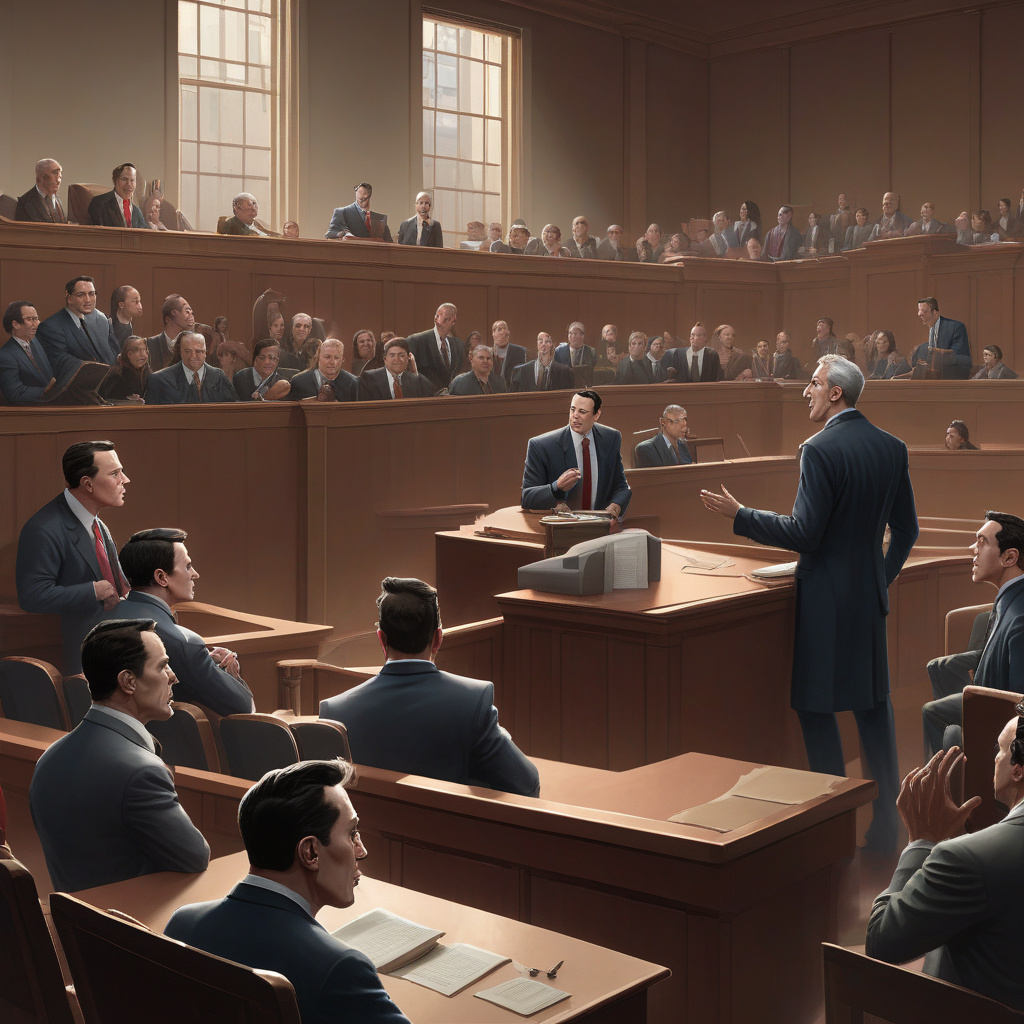Title: Tesla’s Legal Battle: Safeguarding Trade Secrets in the Tech Industry
In a recent development that has sent shockwaves through the tech community, Tesla has taken legal action against former engineer Zhongjie Li for allegedly misappropriating confidential trade secrets. The lawsuit claims that Li illicitly obtained valuable proprietary information during his tenure at Tesla and promptly utilized it to establish a robotics startup merely a week after departing from the electric vehicle giant.
Trade secrets are the lifeblood of tech companies, especially in competitive sectors like autonomous vehicles and robotics. Tesla’s decision to pursue legal recourse underscores the critical importance of safeguarding intellectual property in an environment where innovation thrives on cutting-edge ideas and unique solutions.
The allegations against Li serve as a stark reminder of the challenges that companies face in protecting their proprietary information from unauthorized use or disclosure. As the pace of technological advancement accelerates, the risk of trade secret theft looms large, making it imperative for organizations to implement robust security measures and stringent protocols to mitigate such threats.
Tesla’s proactive stance in pursuing legal action against Li demonstrates its commitment to upholding the integrity of its intellectual property and sending a clear message that any attempts to exploit confidential information will be met with swift and decisive legal action. By holding individuals accountable for trade secret theft, companies can deter potential wrongdoers and safeguard their competitive edge in a fiercely competitive market.
The case also highlights the broader issue of ethics and integrity in the tech industry. As professionals in the field of IT and software development, we must uphold the highest standards of conduct and respect the intellectual property rights of our employers. Engaging in unethical behavior, such as misappropriating trade secrets for personal gain, not only violates legal norms but also undermines the trust and collaboration that are essential for driving innovation forward.
Moreover, the lawsuit serves as a cautionary tale for engineers, developers, and tech professionals at large, emphasizing the importance of ethical conduct, integrity, and respect for intellectual property rights. In a rapidly evolving industry where ideas are currency and innovation is prized, maintaining ethical standards is paramount not only for legal compliance but also for fostering a culture of trust, transparency, and respect.
As the legal proceedings unfold, the tech community will be closely watching the outcome of Tesla’s lawsuit against Zhongjie Li, recognizing the broader implications for trade secret protection, intellectual property rights, and ethical conduct in the digital age. The case serves as a stark reminder of the critical need for vigilance, integrity, and adherence to ethical standards in an industry that thrives on innovation, collaboration, and respect for intellectual property.
In conclusion, Tesla’s legal battle against its former engineer underscores the fundamental importance of safeguarding trade secrets, upholding ethical standards, and respecting intellectual property rights in the tech industry. By holding individuals accountable for trade secret theft and promoting a culture of integrity and transparency, companies can protect their competitive advantage, foster innovation, and uphold the highest standards of ethical conduct in a rapidly changing technological landscape.

